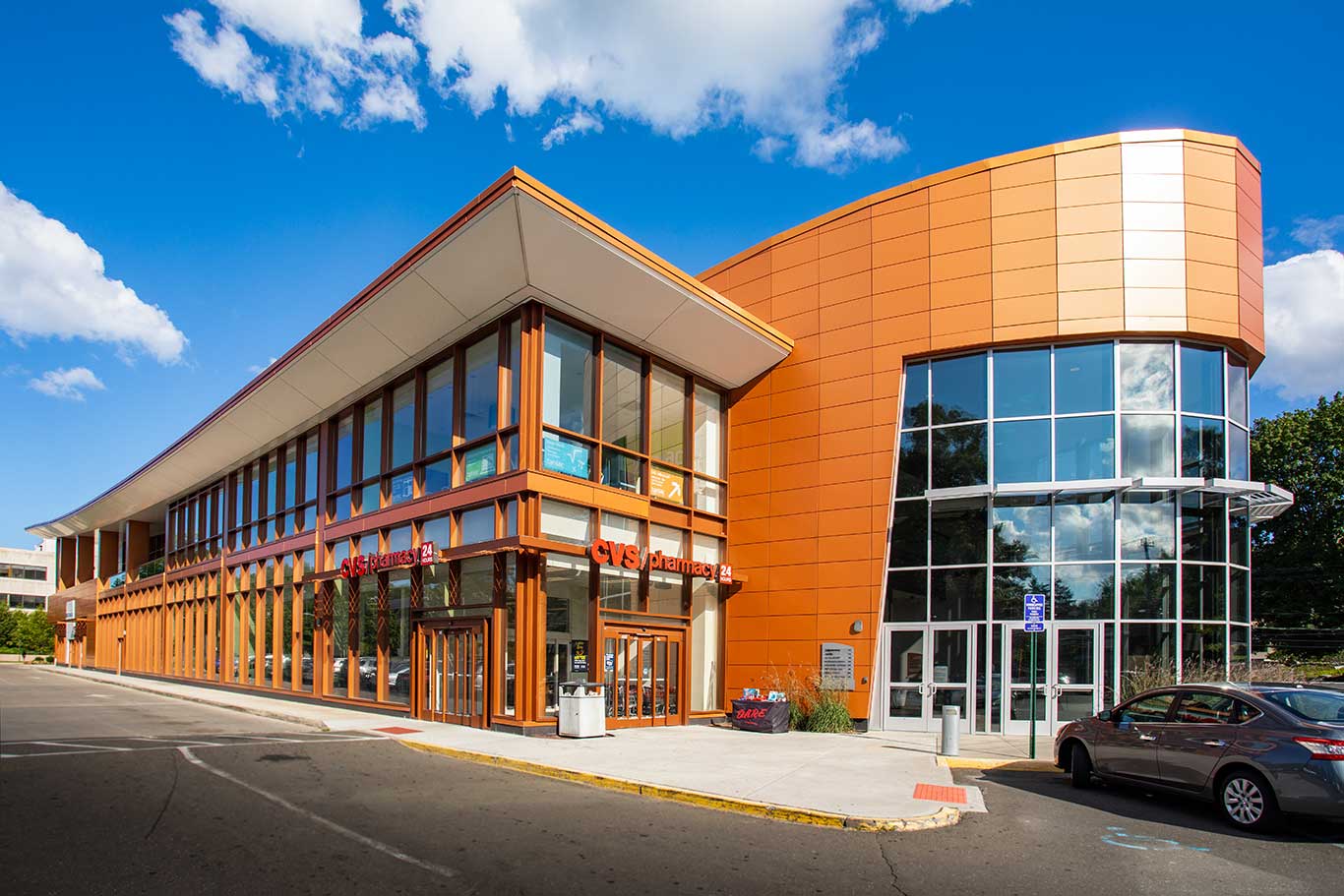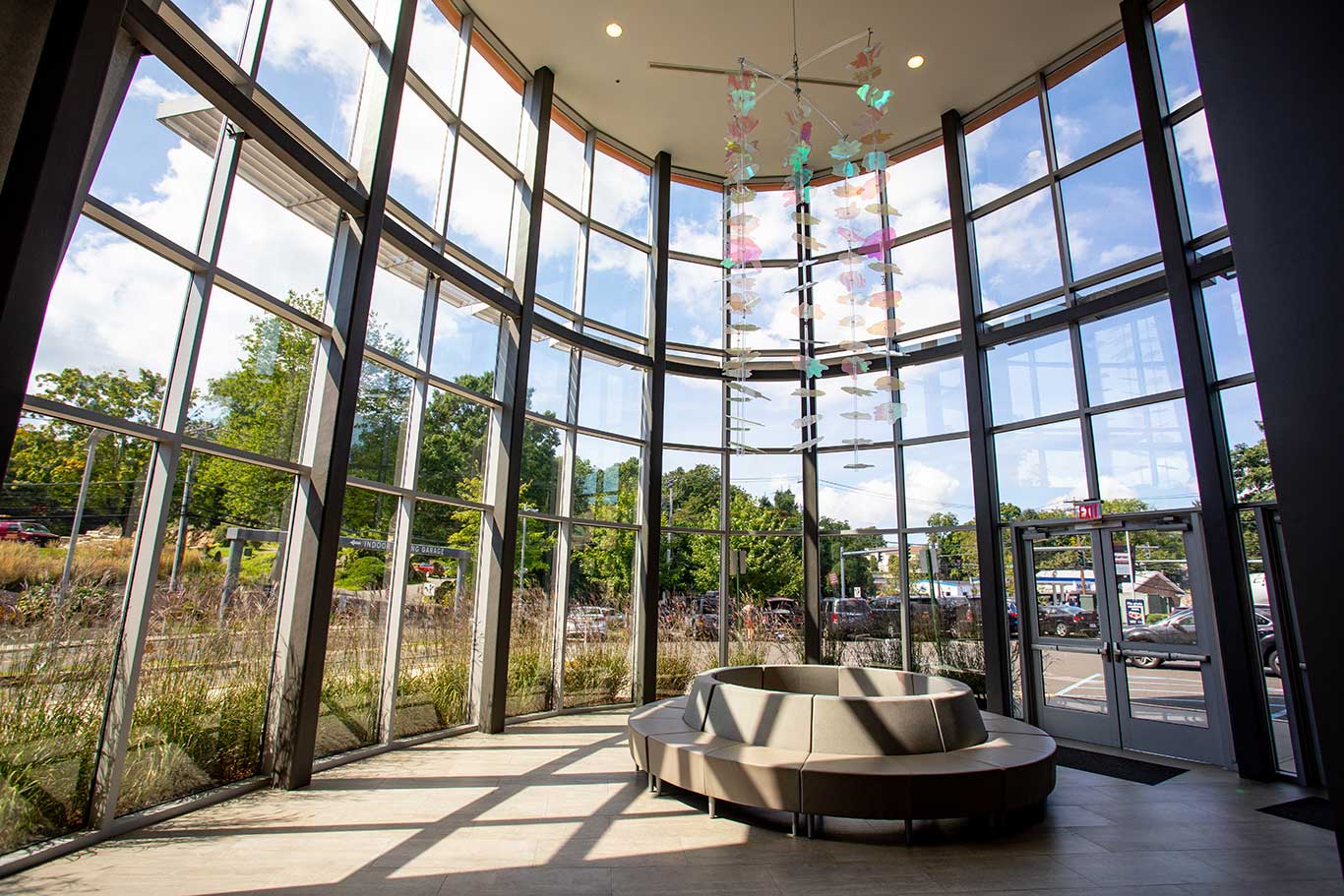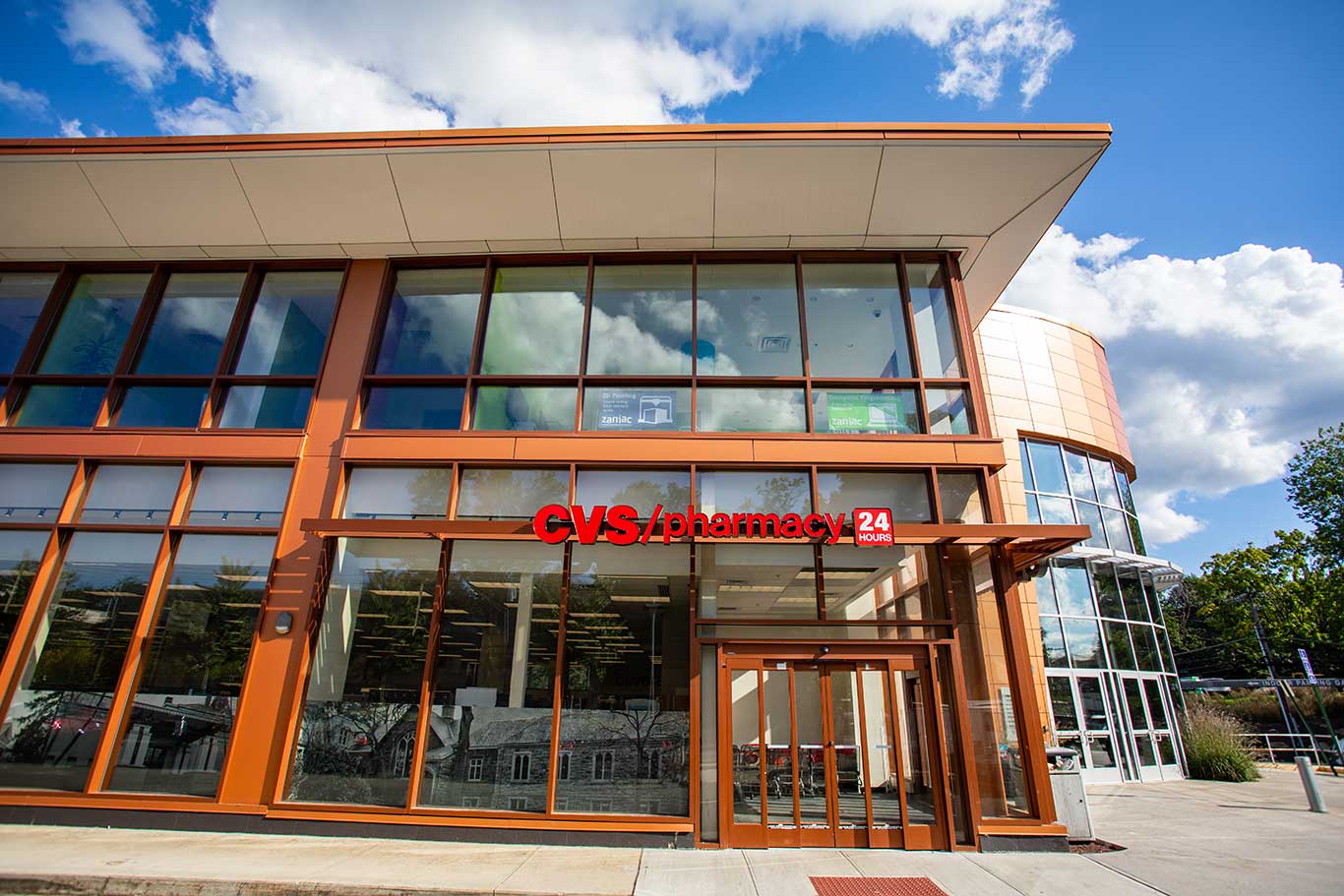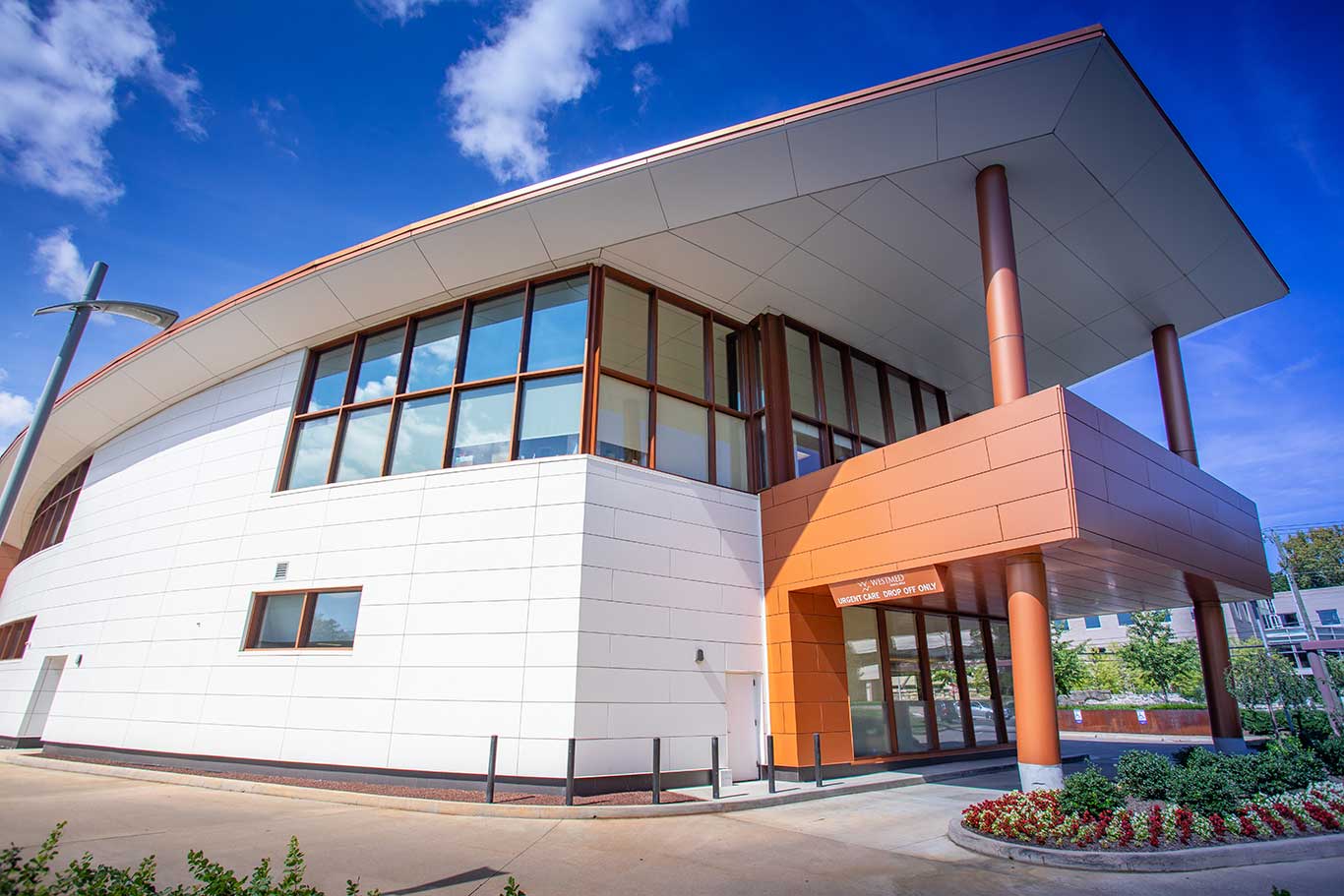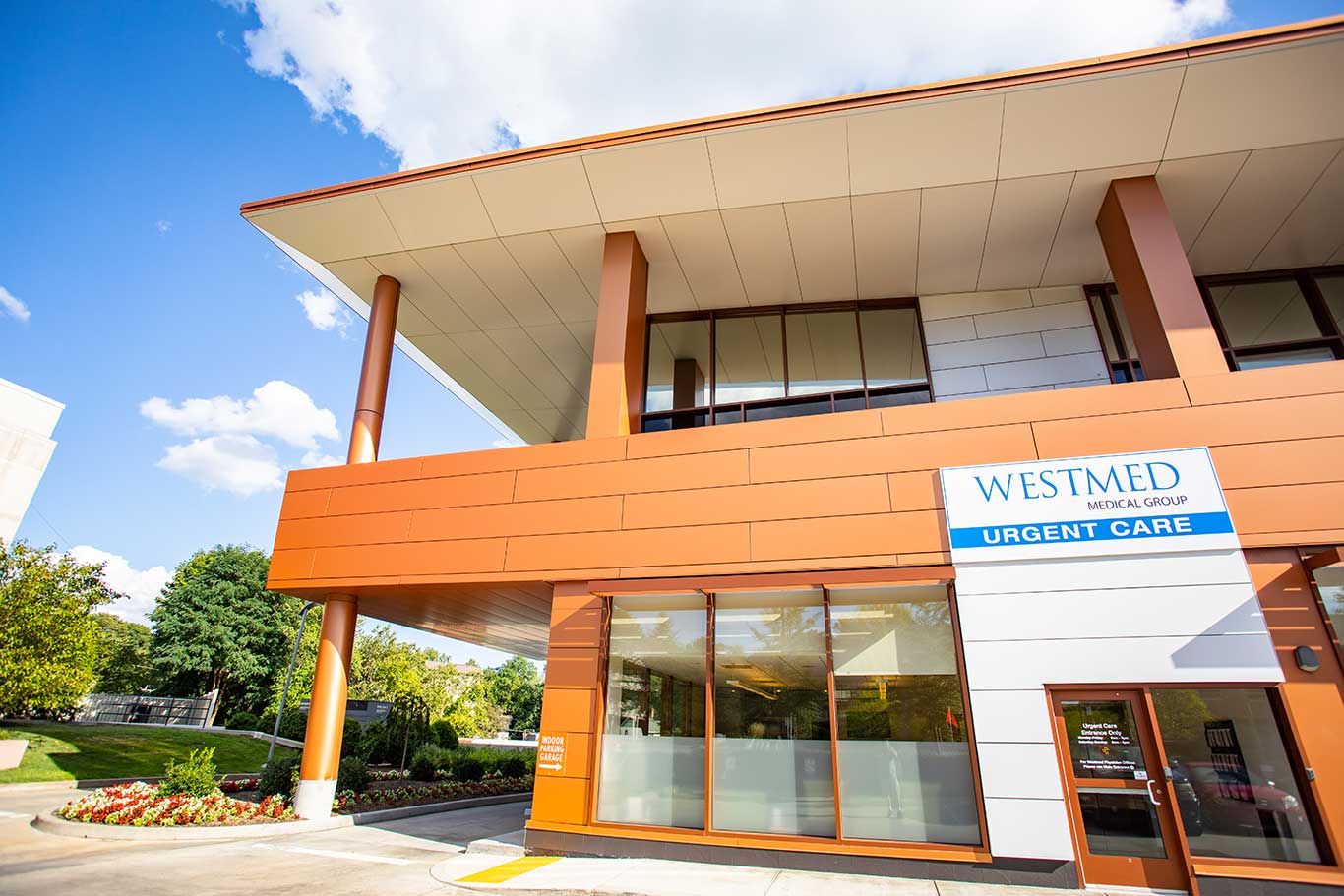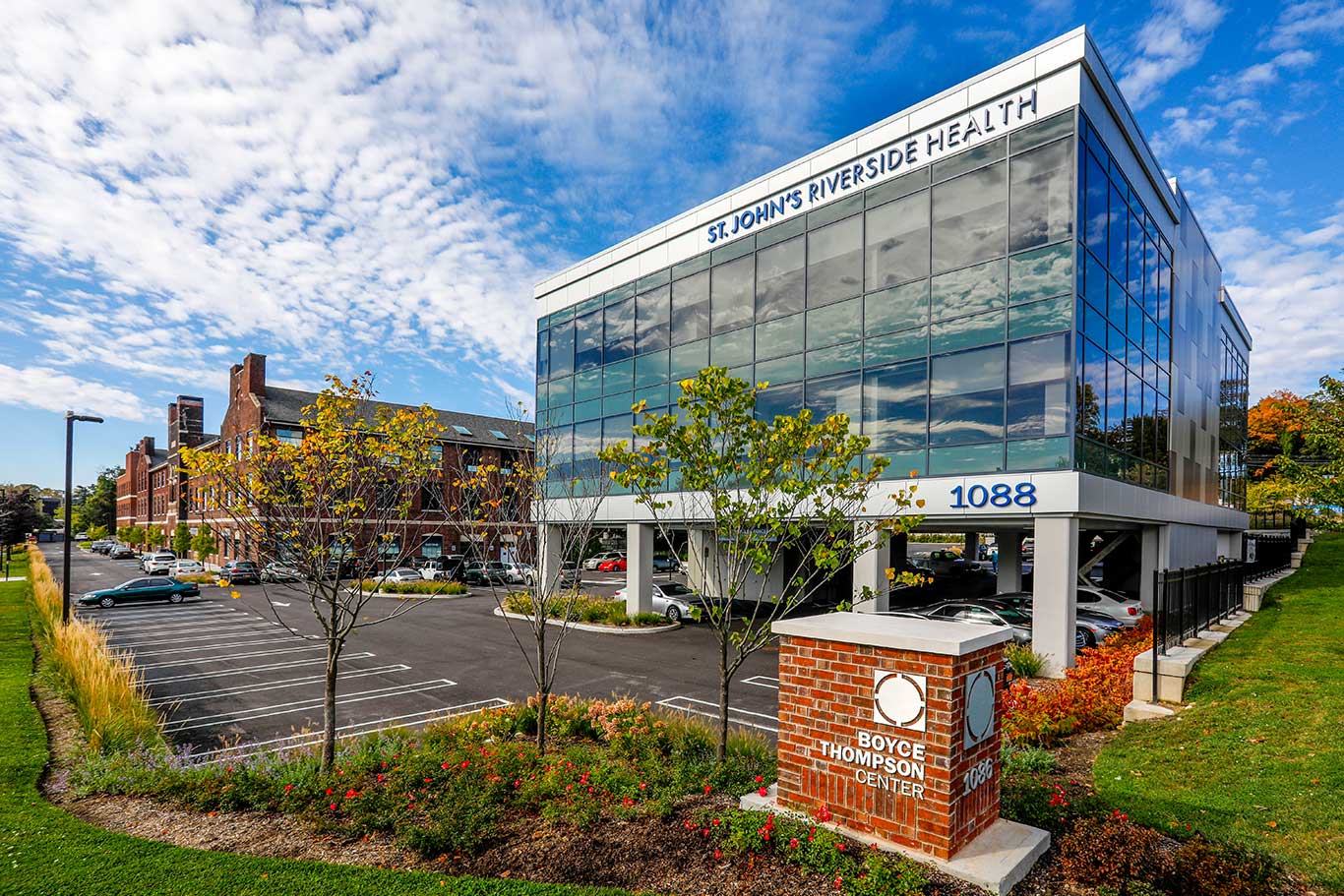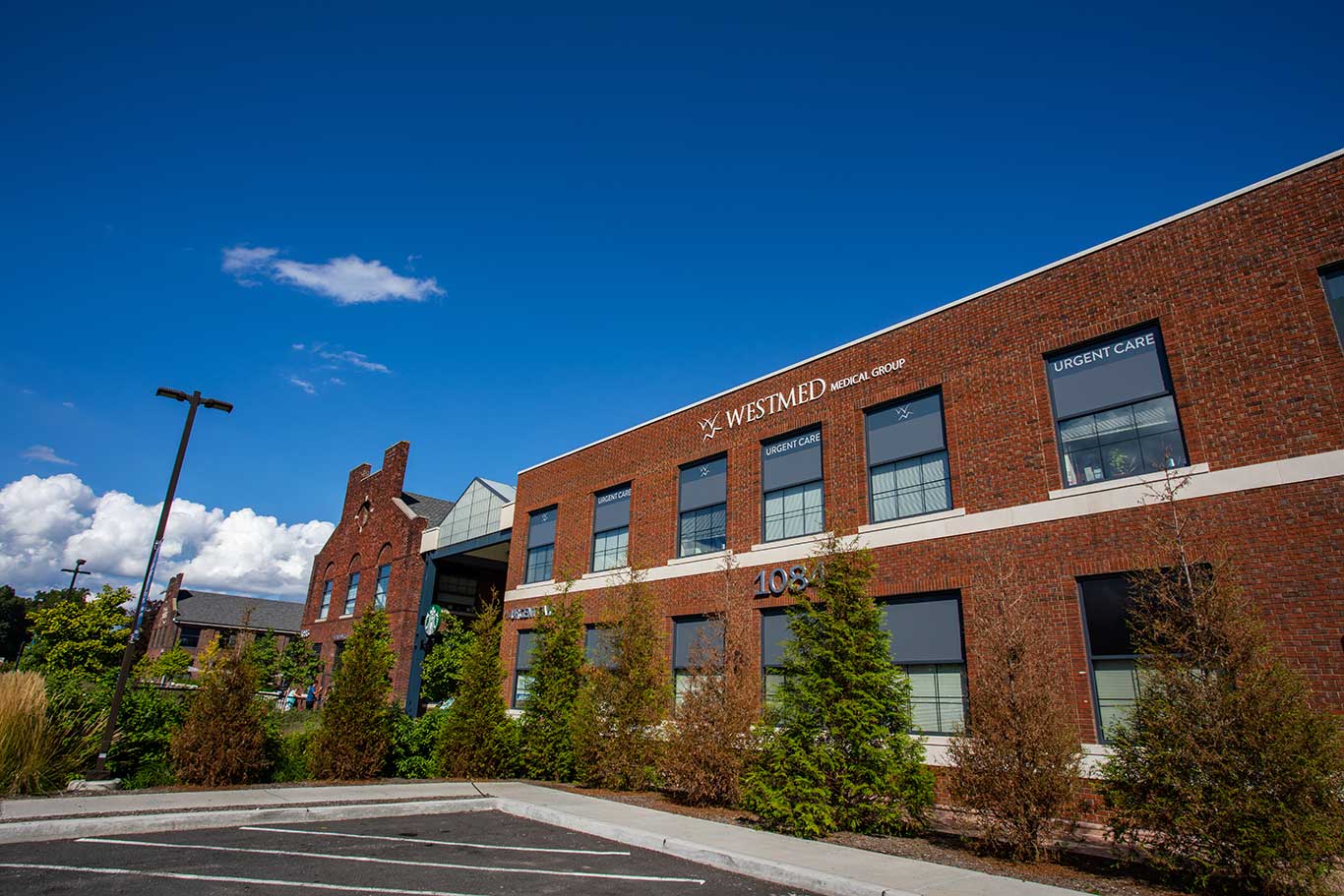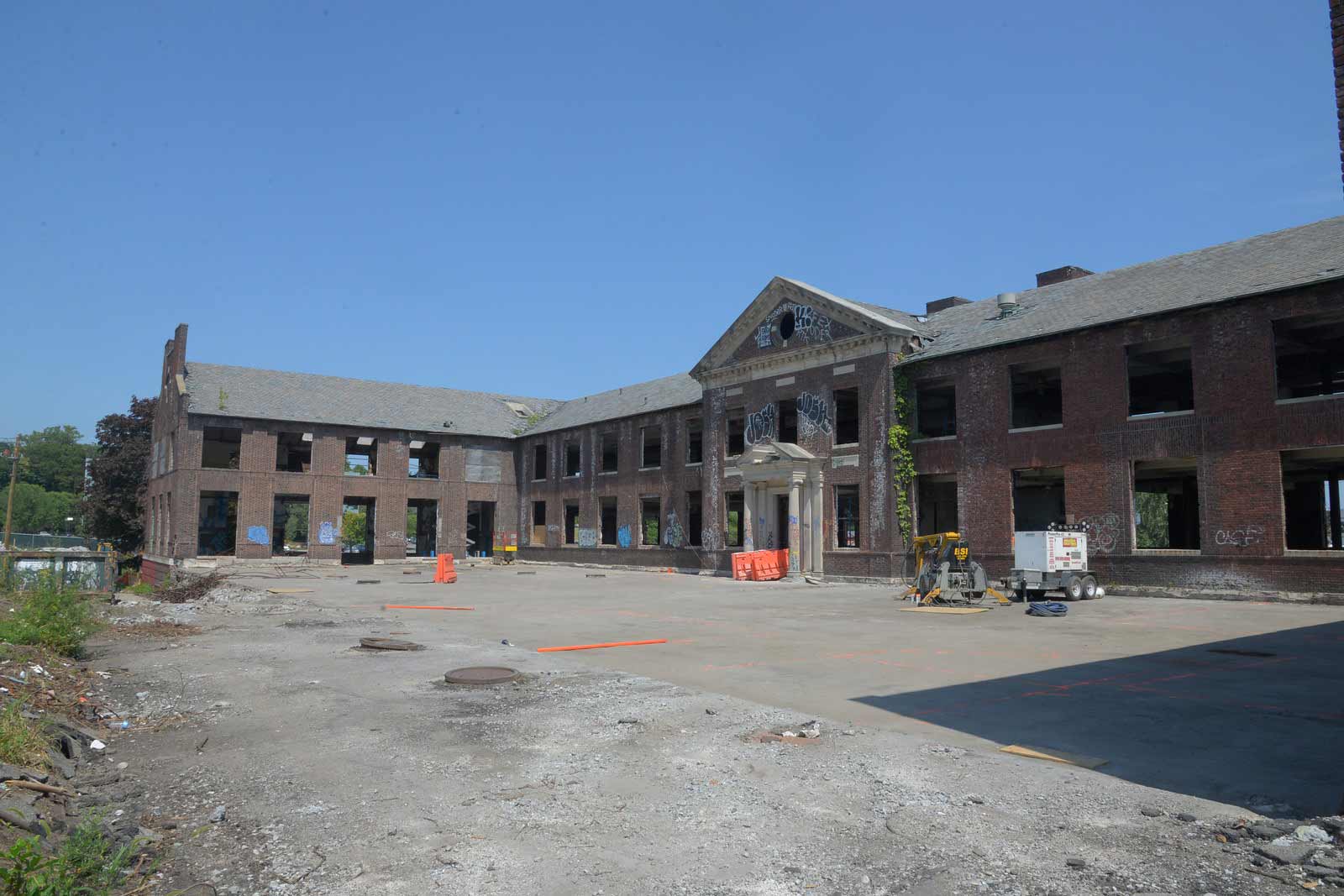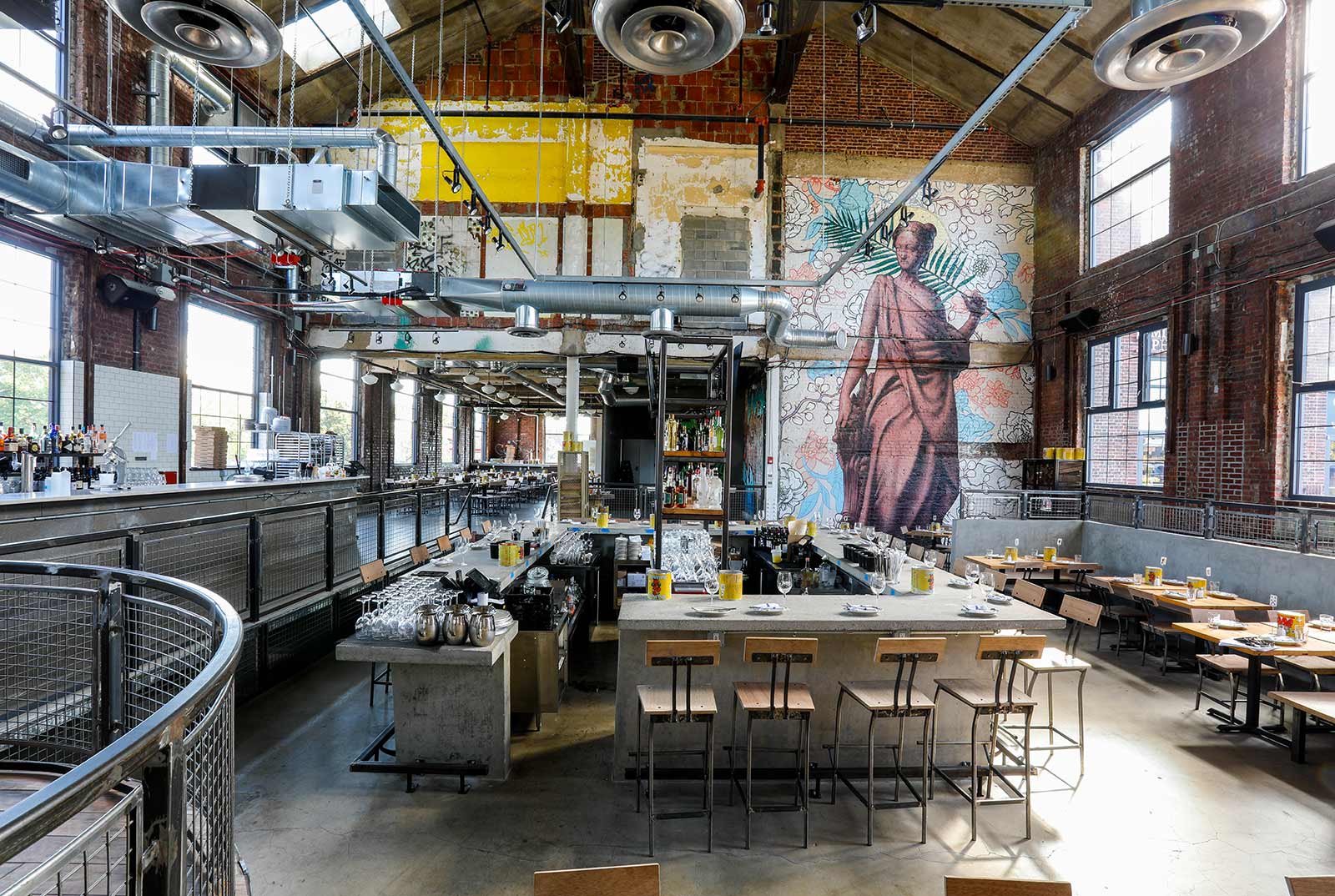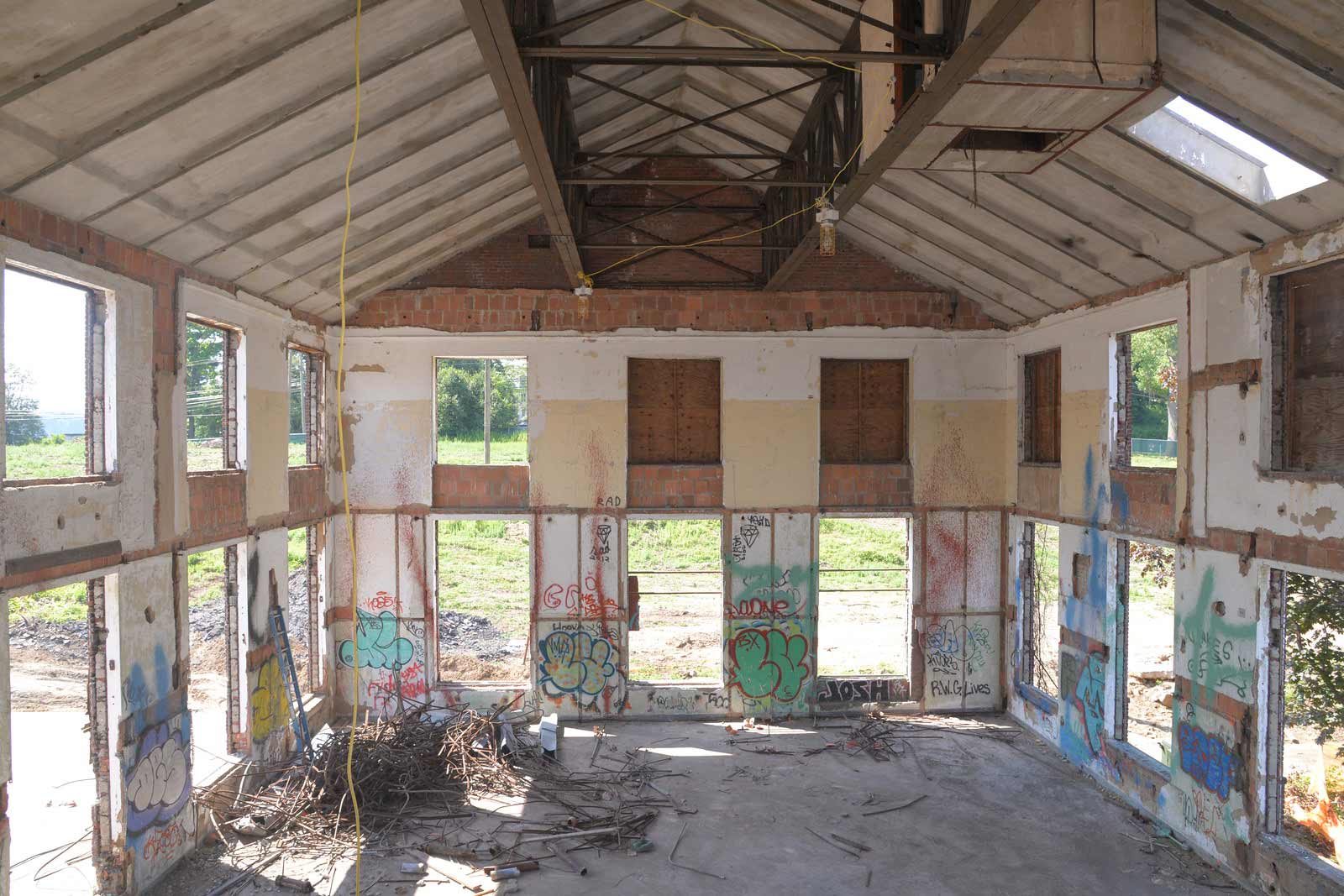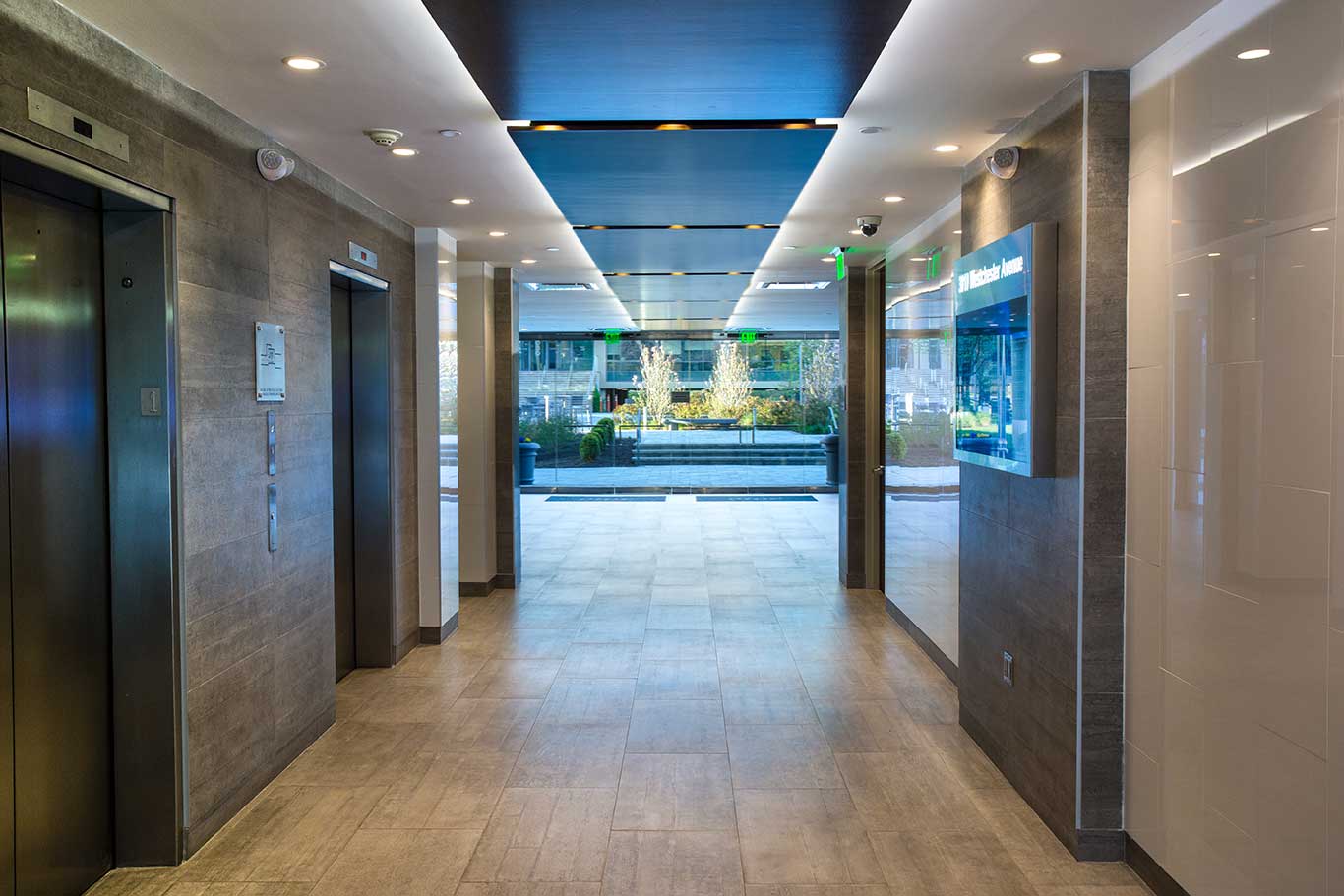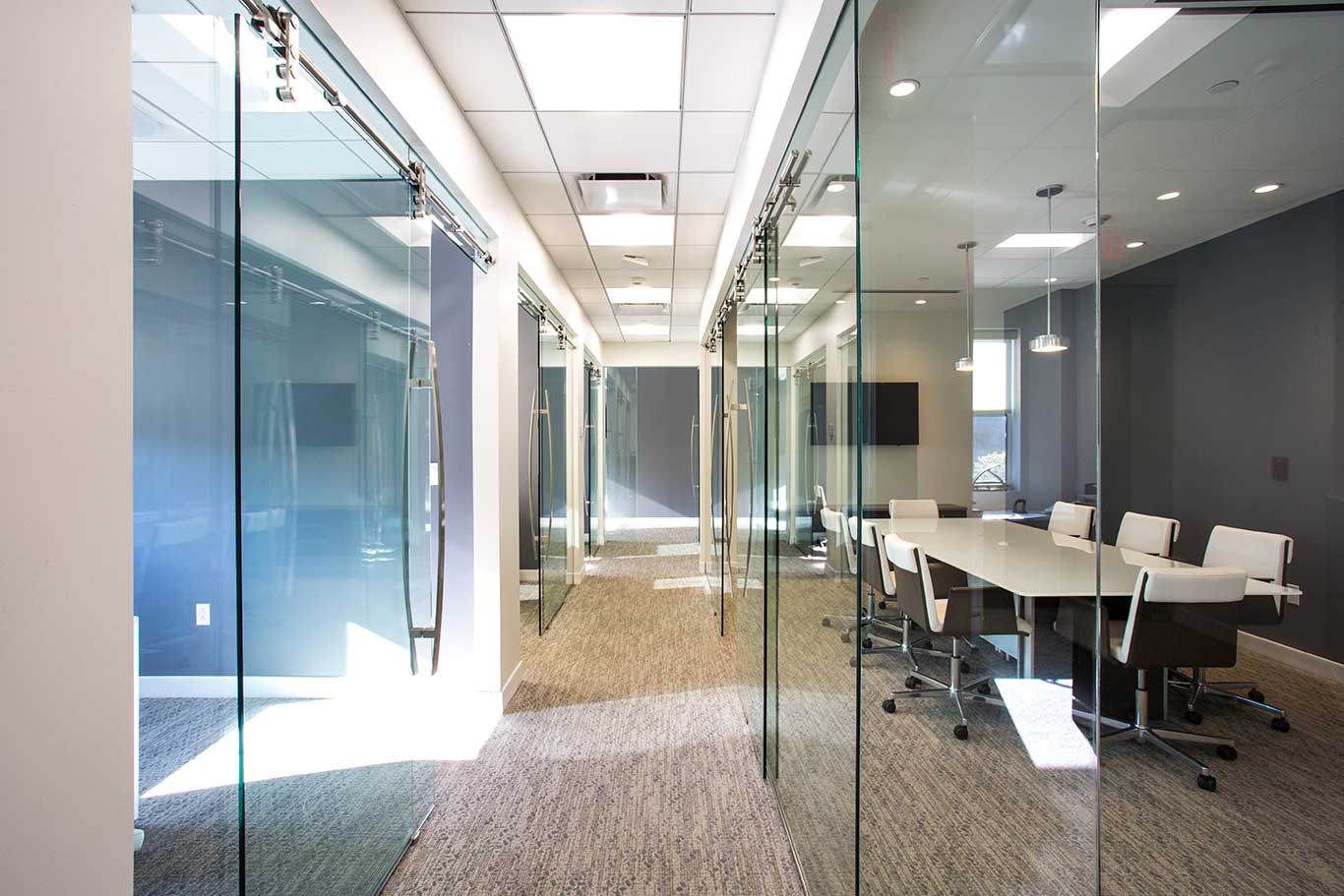Joe Simone, President of Simone Development Companies Announces Over 76,000 SF of New Leases at 316 Courtland Ave., Stamford, CT
Joe Simone, President of Simone Development Companies, has announced that Beacon Exterior Products and Amphenol Nexus Technologies have signed over 76,000 square feet of new leases at the company’s 316 Courtland Avenue in Stamford, CT.
“We are thrilled to welcome two remarkable industry leaders to 316 Courtland Avenue,” said Joe Simone. “The flexibility of the building and outdoor storage areas are some of its best attributes. Both Beacon and Amphenol Nexus were attracted to the expansive parking, ceiling heights and central access to Southern Fairfield County.”
Beacon Exterior Products, one of the largest distributors of residential and commercial roofing and complimentary building products in North America, has signed a new long-term lease of a combined 45,000 square feet of indoor and outdoor warehouse and distribution space. The lease includes 25,000 square feet of warehouse and office space and 20,000 square feet of yard space for additional storage.
Amphenol Nexus Technologies, a leader designer and manufacturer of scientific instruments such as audio plugs, jacks and push-button switches for the automotive, broadband, instrumentation, internet, military/aerospace and wireless infrastructure markets, has signed a new long-term lease of 31,134 square feet of indoor space to be used for manufacturing and assembly.
Joseph Simone said the 118,500-square-foot property features 1.1 acre of outdoor storage, clear span warehouse space with ceiling heights from 12 to 25 feet, an elevator to the second floor of the office space, abundant parking and ample power. The property is conveniently located only a mile from I-95 and a half mile from the Glenbrook train station. Only 12,000 square feet of warehouse space and 5,000 square feet of office space remain available at the property.


